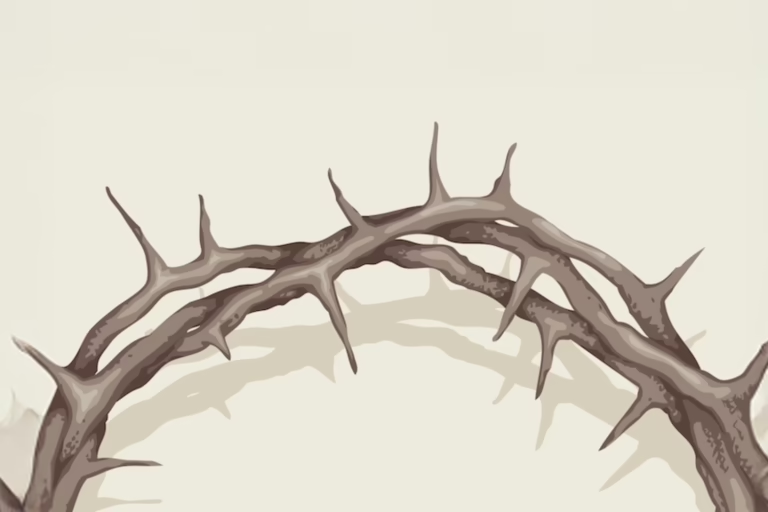Read: Genesis 21:22-34
Abraham planted a tamarisk tree in Beersheba and called there on the name of the LORD, the Everlasting God. (v. 33)
Would the promised son ever be born? To the aging couple the wait must sometimes have seemed endless. But God’s promise did come true, as the first part of today’s chapter recounts, and throughout the long delay his care for them had been unfailing.
The events at Beersheba highlighted yet another aspect of their wonderful God. The constant need for water for the animals caused conflict between the two pastoral communities, Abraham’s household and the neighboring Philistines. They swore to an agreement about their use of the local springs, and the oath became a constant reminder of how the water supply was to be shared out. On the basis of it the leaders on both sides could be appealed to whenever arbitration was needed.
Abraham must have realized that his having to be constantly available to his employees was a parable of God’s constant availability to him. The name El Olam, “the Everlasting God,” has to do with this world rather than the world of eternity. Never in our earthly lives will this God let us down. The tamarisk is tough, a survivor, flourishing in conditions where many a tree or shrub would not last long: another parable of the “many days” through which El Olam faithfully keeps his servants. —Michael Wilcock
As you pray, thank God for his constant care.
About the Author
Michael Wilcock
Rev. Michael Wilcock was formerly director of pastoral studies at Trinity College, Bristol, and vicar of St. Nicholas' Church, Durham. He is now based in Eastbourne, England, as a writer and speaker.
- Michael Wilcock#molongui-disabled-link
- Michael Wilcock#molongui-disabled-link
- Michael Wilcock#molongui-disabled-link
- Michael Wilcock#molongui-disabled-link

